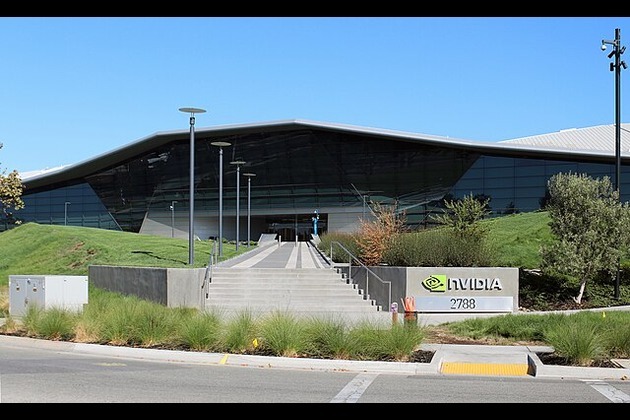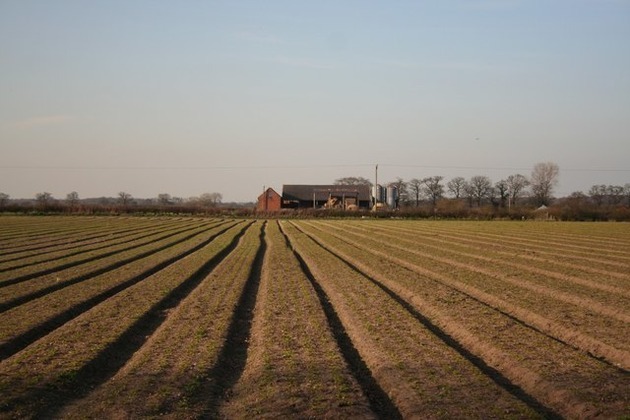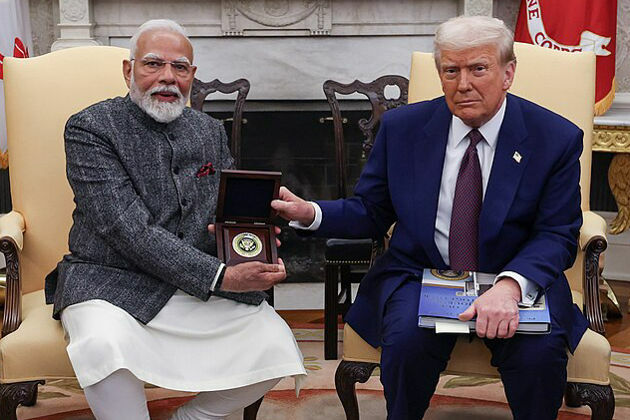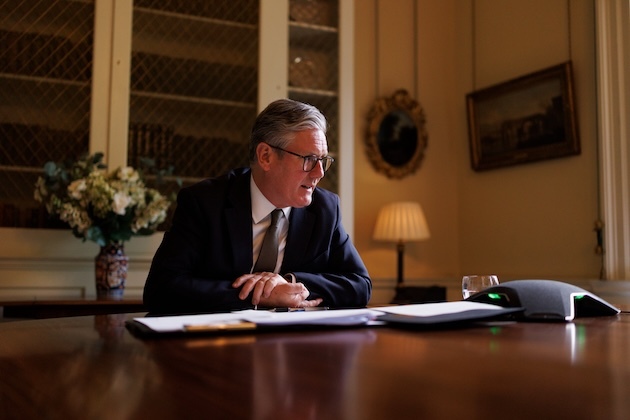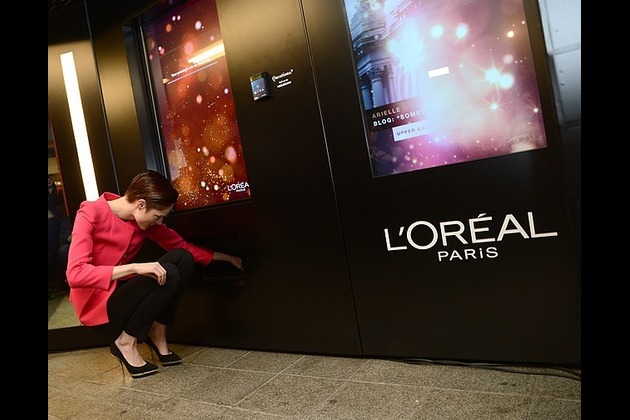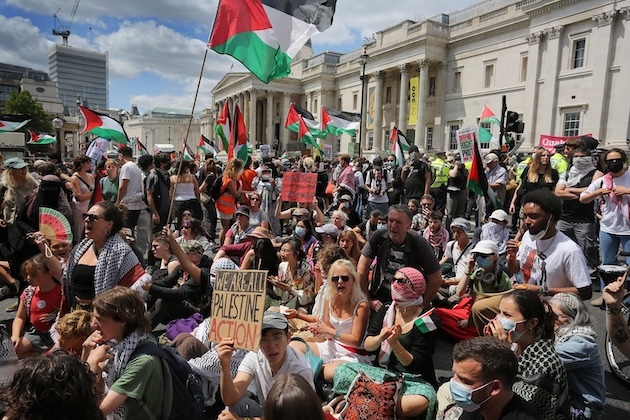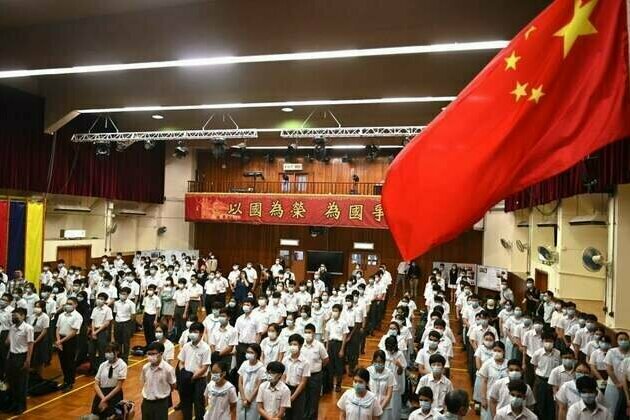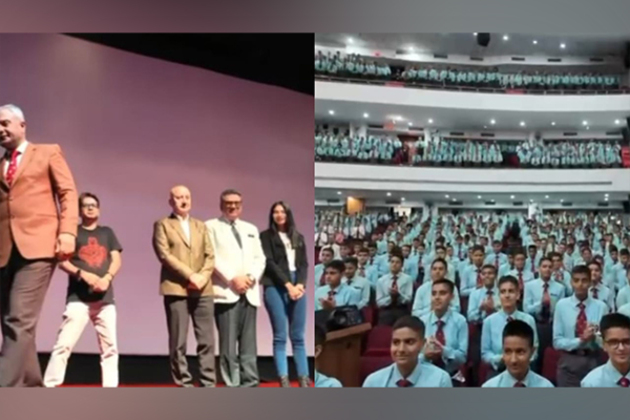Indian elections: Will India's 'divider in chief' win again?
The Conversation
22 May 2019, 06:00 GMT+10
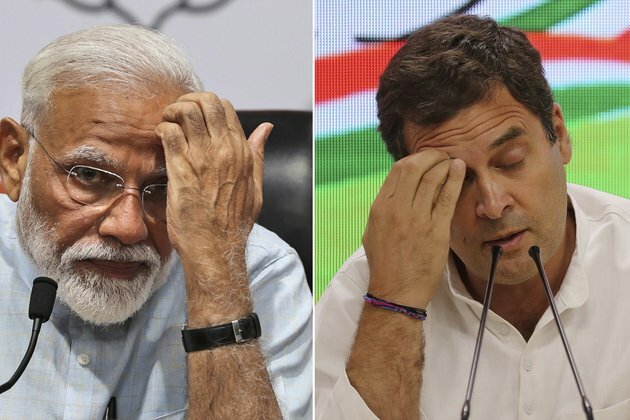
Spread over a month and a half and split into seven phases, the long and arduous election process in India has drawn to a close.
Now, the country and the world waits with bated breath to find out who will control the destiny of the world's largest democracy for the next five years. Results are expected on May 23.
Incumbent Prime Minister Narendra Modi's far-right Bhartiya Janata Party (BJP), and the National Democratic Alliance coalition (NDA) it leads, is seeking a second term, while the opposition, led by the long-ruling Indian National Congress Party, is looking to unseat the Modi government, in alliance with a host of smaller parties.
Exit polls are predicting a comfortable second term for the Modi government. The BJP-led NDA coalition is expected to emerge victorious, though the BJP on its own is expected to fall short of the magic number required to form government (272 out of 543).
Given India's fragmented politics and first-past-the-post electoral system, any single party obtaining an absolute majority has become a rarity. If the exit polls are proven wrong and the BJP and its allies fail to pass muster, the Congress, its allies, and possibly other regional parties will have a chance to cobble together a coalition government.
Mobilizing emotions
Modi and his party campaigned on a plank of nationalism and national security rather than on their governance record. The prime minister found a strong emotional issue ahead of the polls with the February 2019 terrorist attack in Kashmir on a convoy of Indian security personnel. The attack was purportedly perpetrated by Pakistan-based Islamist militant groups, and resulted in the deaths of 40 paramilitary soldiers.
After losing elections in key states like Rajasthan, Madhya Pradesh and Chhattisgarh in November 2018, the BJP's stock was sinking and the Congress Party seemed to be on the upswing. The terror attacks, India's subsequent retaliatory airstrikes into Pakistani territory and the safe return of Indian army personnel played well into the narrative of the shared victimhood of Hindus - the belief that despite being an overwhelming majority, the survival of Hindus is at risk. This victimhood comes with an accompanying need to assert dominance over minorities, primarily Muslims.
The Modi team has carefully and quite successfully cultivated this belief among India's majority Hindus. A strong prime minister from a Hindu nationalist party who will stand up to enemies, both within and outside the country, offers a winning proposition in this backdrop.
This also fans the flames of poisonous religious nationalism, minority-baiting and aggressive anti-Pakistan posturing. This is the narrative the BJP has relied upon in this election.
From development to nationalism
The Modi government is hedging its bets on the Indian electorate being swayed by pride and communal passion rather than by real issues of economic growth, poverty, inflation and unemployment.
Pre-poll data from a number of states indicate a consolidation of majority and minority votes across opposing political fronts. This has recently earned Modi the moniker "India's Divider in Chief" in Time magazine.
In 2014, Modi rode a popular wave to power backed by Indian big business and the urban middle class who put their aspirations behind the call "Sabka Saath, Sabka Vikas," which means "together with all, development for all."
The promise was to revive India's economy, remake its creaking infrastructure and clean up pervasive corruption. That 2014 campaign narrative of inclusive economic reform has given way to a slate of emotive issues in 2019, and a widespread yearning for change among India's middle class in 2014 has given way to bitter polarization.
While Modi is still loved deeply in many parts of India, he has also developed a sizable chunk of detractors, leading to an acrimonious campaign full of sharp differences of opinion, vicious personal attacks and political violence in parts of India.
Unfulfilled promises
The Congress Party campaigned on the failures of the Modi government and its unfulfilled promises on job creation, boosting farmers' income and finding and returning black money, undisclosed foreign income that's stashed abroad. It focused on Modi's botched policy initiatives, including demonetization and GST. It attacked crony capitalism and the slow and steady denigration of India's constitutional institutions and its secular fabric.
Though the Modi government publicized a number of signature economic initiatives and welfare schemes, there is a widely shared sentiment, both among analysts and voters, that the long-standing economic and social problems of the country haven't been tackled to any great extent, despite the skillful and propagandist use of mainstream and social media by the Modi government.
If the exit polls are to be believed, however, the Congress Party and the rest of the opposition have failed to adequately expose the shortcomings of the Modi government and to harness that popular frustration.
Although the image of Rahul Gandhi, who comes from a family of Indian prime ministers, as a national leader and potential prime minister picked up some steam through his spirited campaign, the Congress Party as a whole seems to have failed to offer a viable national alternative to the BJP.
In a number of states, the Congress Party was unable to cement critical alliances with regional parties, and in others, the Congress organizations were immersed in factional fights.
Uphill tasks ahead
Whoever wins this election and forms the government will have a daunting task at hand. India has about 600 million people below the age of 25 - more than any other country in the world - who are looking for quality education and secure employment.
Despite the recent progress, millions of Indians still remain mired in poverty and reported cases of violence against women are on the increase.
India's democracy, though always messy, fractious and unwieldy, seems to be on a new boil. Key constitutional institutions like the Supreme Court and the Election Commission, and democratic practices in general, need to be strengthened and nurtured. The smouldering cauldron of religious polarization needs to be deftly doused to instill confidence in minorities and diverse regions.
The patriotism of the majority population, meanwhile, needs to be subtly managed away from assuming jingoistic proportions. It should be prevented from becoming the chief determinant of India's domestic and foreign policy.
Authors: Anil Varughese, Assistant Professor of Public Policy and Administration, Carleton University 
 Share
Share
 Tweet
Tweet
 Share
Share
 Flip
Flip
 Email
Email
Watch latest videos
Subscribe and Follow
Get a daily dose of Birmingham News news through our daily email, its complimentary and keeps you fully up to date with world and business news as well.
News RELEASES
Publish news of your business, community or sports group, personnel appointments, major event and more by submitting a news release to Birmingham News.
More InformationBusiness
SectionEngine defect prompts Nissan to recall over 443,000 vehicles
FRANKLIN, Tennessee: Hundreds of thousands of Nissan and Infiniti vehicles are being recalled across the United States due to a potential...
Microsoft trims jobs to manage soaring AI infrastructure costs
REDMOND, Washington: Microsoft is the latest tech giant to announce significant job cuts, as the financial strain of building next-generation...
Stocks worldwide struggle to make ground Friday with Wall Street closed
LONDON UK - U.S. stock markets were closed on Friday for Independence Day. Global Forex Markets Wrap Up Friday with Greeback Comeback...
Nvidia briefly tops Apple’s record in AI-fueled stock rally
SANTA CLARA, California: Nvidia came within a whisker of making financial history on July 3, briefly surpassing Apple's all-time market...
ICE raids leave crops rotting in California, farmers fear collapse
SACRAMENTO, California: California's multibillion-dollar farms are facing a growing crisis—not from drought or pests, but from a sudden...
Trump signals progress on India Trade, criticizes Japan stance
WASHINGTON, D.C.: President Donald Trump says the United States could soon reach a trade deal with India. He believes this deal would...
United Kingdom
SectionBritish PM faces major party revolt over welfare reforms
LONDON, U.K.: British Prime Minister Keir Starmer won a vote in Parliament this week to move ahead with changes to the country's welfare...
L'Oreal to buy Color Wow, boosts premium haircare portfolio
PARIS, France: L'Oréal is making a fresh play in the booming premium haircare segment with a new acquisition. The French beauty conglomerate...
UK lawmakers desigate protest group as terrorist organization
LONDON, UK - Lawmakers in the United Kingdom have voted overwhelmingly to proscribe the direct-action group Palestine Action as a terrorist...
Shell rejects claim of early merger talks with BP
LONDON, U.K.: British oil giant Shell has denied reports that it is in talks to acquire rival oil company BP. The Wall Street Journal...
China: Building a 'Patriots Only' Hong Kong
(New York) - China's government has erased Hong Kong's freedoms since imposing the draconian National Security Law on June 30, 2020,...
Anupam Kher's 'Tanvi The Great' gets standing ovation from over 2,500 cadets at first screening
Pune (Maharashtra) [India], July 5 (ANI): The first screening of 'Tanvi The Great,' directed by actor Anupam Kher, was held on Saturday...




